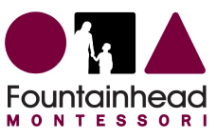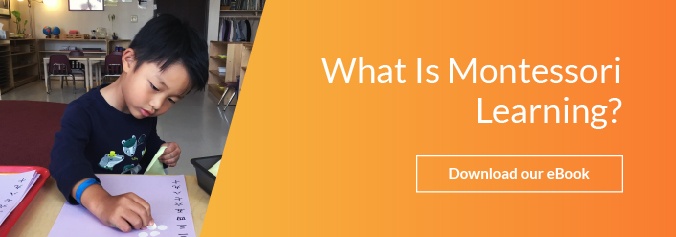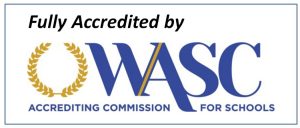Choosing a private preschool for your child is one of the most important decisions you'll make as a parent. It sets the foundation for your child's educational journey, impacting their social, emotional, and cognitive development. With numerous options available, the process can feel overwhelming. This article provides a comprehensive guide to help you navigate this critical decision.
1. Understand Your Child’s Needs
Every child is unique, with individual learning styles, interests, and developmental needs. Start by considering your child's personality—are they more outgoing or reserved? Do they learn better through structured activities or open-ended play? Understanding your child's temperament and learning style can help you choose a preschool that aligns with their needs.
2. Research Educational Philosophies
Private preschools often follow specific educational philosophies, such as Montessori, faith-based, or traditional academic-focused approaches. Research these methods to understand their core principles and teaching styles. For example, Montessori schools emphasize self-directed learning and hands-on experiences, while traditional preschools may focus more on structured academic preparation.
3. Consider Location and Logistics
The location of the preschool is a practical consideration. A conveniently located school makes daily commutes easier and encourages regular parental involvement. Also, consider the school's hours and whether they align with your family's schedule, including the availability of before and after-school care if needed.
4. Visit and Observe Preschools
Visiting various preschools is crucial. This allows you to observe the school environment, teacher-student interactions, and the overall atmosphere. Look for classrooms that are clean, well-organized, and filled with age-appropriate materials. Observe how teachers interact with the children – are they engaging, patient, and attentive?
5. Assess Class Size and Teacher Qualifications
Smaller class sizes allow for more personalized attention and a better learning environment for young children. Inquire about the student-to-teacher ratio and the qualifications of the teaching staff. Teachers should have appropriate credentials in early childhood education and a warm, nurturing demeanor.
6. Evaluate the Curriculum
A well-rounded curriculum is essential for holistic child development. It should cover basic academic skills, such as literacy and numeracy, as well as social, physical, and creative activities. Ask how the school balances these different areas and whether the curriculum is flexible enough to cater to individual children's interests and needs.
7. Consider Parental Involvement
Inquire about the school's policy on parental involvement. Some schools encourage parents to participate in classroom activities, events, and decision-making processes. This can be a great way to stay engaged with your child's education and be part of the school community.
8. Check for Accreditation and Reputation
Accreditation from recognized educational organizations can be a mark of quality for a preschool. Additionally, seek feedback from other parents to learn about their experiences with the school. Word-of-mouth recommendations and online reviews can provide valuable insights.
9. Reflect on Your Child’s Comfort
After visiting schools, reflect on where your child seemed most comfortable and engaged. A preschool where your child feels safe, happy, and interested in exploring is likely a good fit.
Choosing the right private preschool requires a balance of practical considerations, thorough research, and intuition. It's about finding a place where your child can thrive, develop foundational skills, and cultivate a love for learning. By taking the time to understand your options and considering what resonates best with your family's values and your child’s needs, you can make a well-informed decision that paves the way for your child’s educational success.












Let us know what you think about this post
Put your Comment Below: